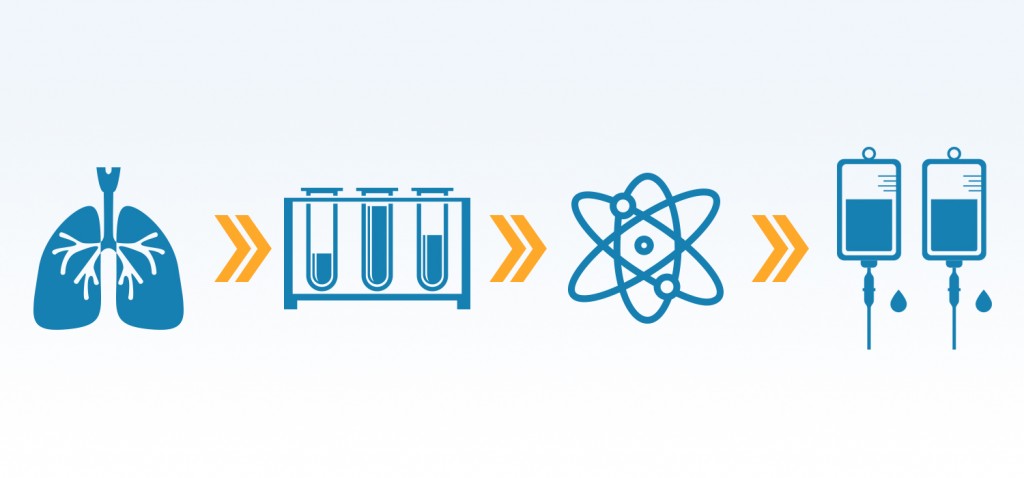Multimodal therapy is a combination of cancer treatments. For mesothelioma patients, multimodal therapy usually includes chemotherapy, radiation and surgery. The aim of mesothelioma multimodal therapy is to improve a patient’s prognosis AND quality of life.

Each patient’s case is unique, so each patient will receive a tailored mesothelioma treatment plan. A team of surgical, medical and oncology specialists will work together to determine the right combination of mesothelioma treatments for each patient.
When your physicians are designing a treatment plan, the order of the treatments is of great importance, and will vary depending on the patient, physician and treatment center practices. This is why it’s important to consult with someone who is experienced in treating mesothelioma.
For example, a patient might receive neoadjuvant chemotherapy or radiation prior to surgery in order to shrink tumors, making them more accessible to remove during the surgery. Other patients might receive adjuvant, or post-surgery, chemotherapy or radiation. Still others, might receive intraoperative chemotherapy and radiation – treatments applied directly to the location of the patient’s cancer while undergoing a surgical procedure.
Mesothelioma Treatment Options for Multimodal Therapy
Trimodal therapy with surgery, chemotherapy and radiation treatments is one of the most common forms of multimodal therapy for pleural mesothelioma patients. In these cases, surgery is considered the primary therapy, or the most effective treatment option, supplemented by additional treatments.
The extent to which the cancer has spread is usually the largest determining factor of whether a mesothelioma patient qualifies for surgery. If pleural tumors HAVE NOT spread beyond their point of origin, surgery may be effective in improving a patient’s prognosis. If the pleural tumors HAVE spread beyond their point of origin into nearby organs, surgery may not offer any significant benefits for the patient. In these pleural mesothelioma cases, a multimodal approach using only chemotherapy and radiation may be best.
However, in the cases of peritoneal mesothelioma with spread to nearby organs, surgery may still offer significant benefits with the potential for chemotherapy and radiation.
In more recent years, the use of experimental therapies in combination with traditional therapies have improved patients’ survival rate and quality of life.
One experimental therapy, immunotherapy, uses drugs to stimulate a patient’s immune system to kill mesothelioma cells. This targeted approach does not damage any healthy cells, like chemotherapy does. Instead, it is designed to attack only the bad cells, or mesothelioma cells.
Additional experimental therapies available through clinical trials are gene therapy and photodynamic therapy. Gene therapy is where a defective gene or missing gene is replaced with a normal gene or genes are injected into cancer ridden cells feeding off the cell and killing it. Photodynamic therapy uses special drugs that are turned on by a certain type of light that activates the cancer cells, making them easier to target and destroy.
Experimental therapies – immunotherapy included – are currently only available through clinical trials. Many of the immunotherapy drugs being tested in mesothelioma patients have already gained Federal Drug Administration (FDA) approval for treatment of other cancers.
Interested in learning more about mesothelioma treatment options? You can find a list of mesothelioma treatment centers on our Giving Back page to contact for answers to your specific questions.




